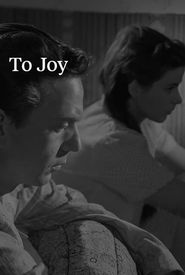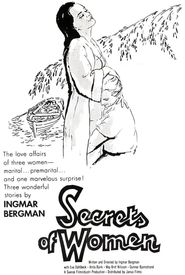Maj-Britt Nilsson, a rare dark-haired Swede, captivated film audiences in the bleak films of Ingmar Bergman, alongside Harriet Andersson.
Born on December 11, 1924, in Stockholm, Nilsson was initially trained at the Royal Dramatic Theater. She began her film career with a small role in "Tänk, om jag gifter mig med prästen" (1941),starring Viveca Lindfors.
Gaining experience in films like Alf Sjöberg's "Resan bort" (1945),Nilsson played the title role in the dramatic "Maria" (1947) and moved swiftly into leading roles. A stage triumph in Jean Genet's "The Maids" in 1948 led to her association with Ingmar Bergman, who spotlighted her in three of his finest early works: "To Joy" (1950),"Summer Interlude" (1951),and "Secrets of Women" (1952).
Receiving rave reviews for her work, it was expected that she would become a main staple of Bergman's prestigious company of players. However, she never made another film for him. The roles in her later celluloid work went on to pale in comparison.
Nilsson seldom strayed outside her homeland when it came to filming, with the rare occasion of a German/Austrian movie or two. A brief marriage to singer and composer Anders Börje led to a long and fulfilling one with theater director Per Gerhard in 1951.
She subsequently left the Royal Dramatic Theater to work alongside him at Stockholm's Vasa Theater, where the couple stayed for the next three decades. One of her stage roles was that of Maggie the Cat in a Swedish-language version of Tennessee Williams's "Cat on a Hot Tin Roof".
Nilsson made two brief and minor film comebacks in the 1970s, the second of which, the Swedish-made "Bluff Stop" (1977),being her last. She retired completely in 1985. The couple took up residence on the French Riviera sometime during the 1980s.
Maj-Britt Nilsson died on December 19, 2006, in Cannes, France, at the age of 82.





















